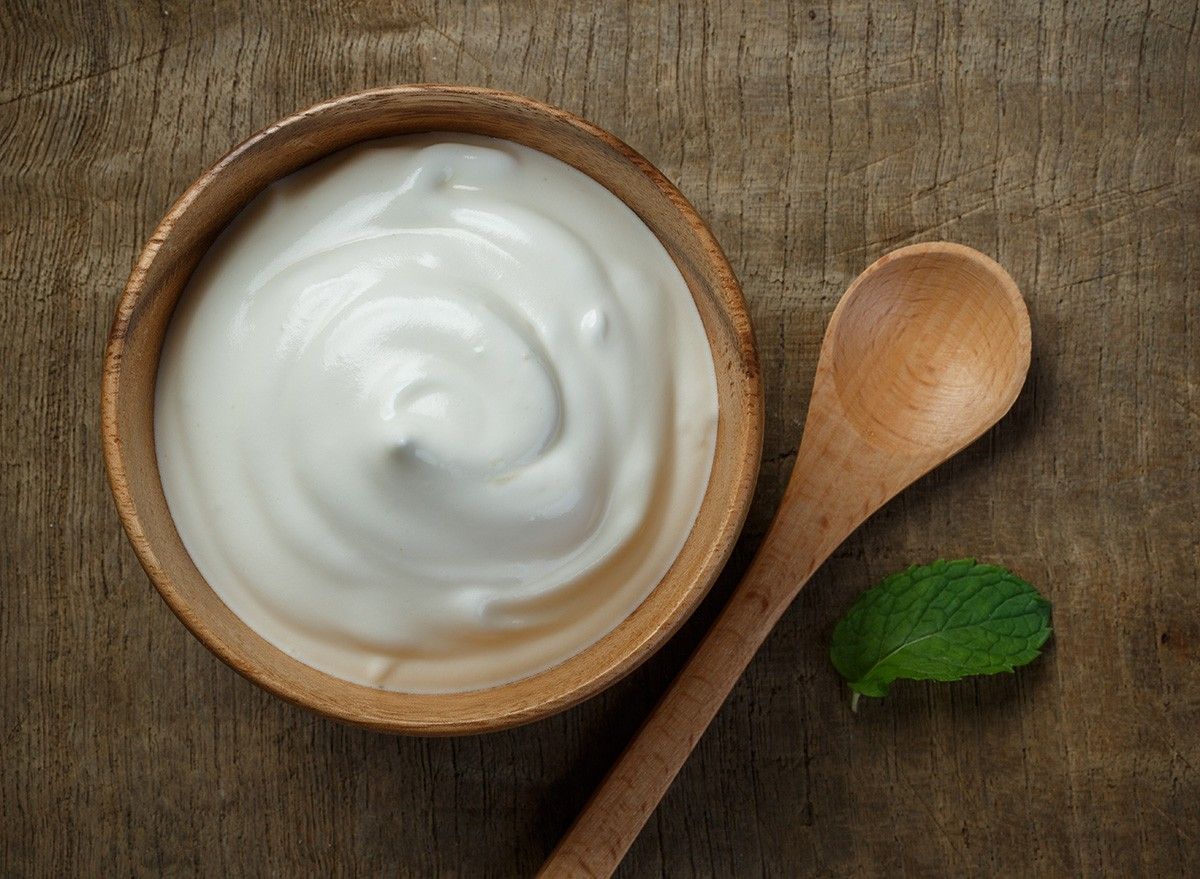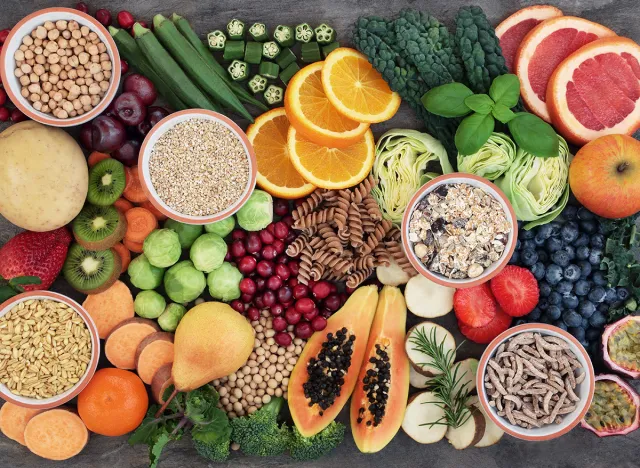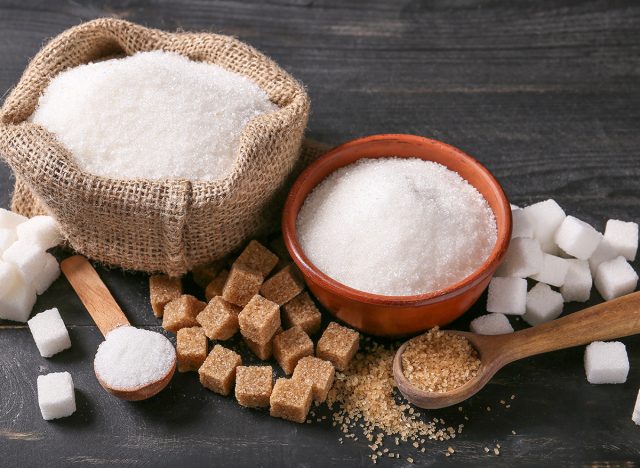11 Ways to Ignite Your Metabolism to Burn Fat All Day

We often hear the word "metabolism" and think about body weight. But to be more specific, "metabolism" refers to the chemical processes that occur in the body's cells in order to maintain life. There are two categories of metabolism: anabolism and catabolism. Anabolism refers to the processes of using energy to build or grow from a simpler to more complex molecule. An example here would be taking protein and building muscle. Catabolism on the other hand is taking a complex molecule and breaking it down into a simpler one such as when we consume a carbohydrate food and our body breaks it down into glucose for energy.
As an expert at Top Nutrition Coaching, I know there are several factors that affect metabolism, including genetics, age, sex, hormones, body composition, activity level, diet, and health status. Metabolic rate can be defined at the rate at which one expense energy to carry out various metabolic processes in the body. Typically, men have a higher metabolic rate because of their lean mass and hormonal levels. In general, as we age, our metabolism slows. I'm Jordan Hill, MCD, RD, CSSD, and here are 11 ways to ignite your fat-burning power.
Consistent Fueling

Eating consistently and having regular meal times throughout the day can ensure your body gets enough nutrients to sustain its demands. It's like the classic example that a car can't keep going without filling up the tank. If we don't feed our bodies, we're not feeding our mind, muscles, or other body parts to keep metabolic processes going. Those who inconsistently eat or go long periods of time between meals likely feel tired, sluggish, brain fog, or less productive.
Related: Top 11 Exercises for Leaner, Stronger, Firmer Legs
Hydration

The majority of our body is made of water, so it's no surprise getting sufficient water intake can positively impact our metabolism. Water is essential for various cellular processes, including metabolism. It hydrates our cells, assists in digestion and absorption, and helps transport nutrients throughout the body. When we consume water, we burn energy when heating it up to our body's temperature, which contributes to our overall energy expenditure. This is called the thermic effect of water (TEW). Drinking about 2 cups of water may increase a person's metabolic rate by as much as 30%. You can read more about the TEW in this study.
Manage Stress

Stress is an inevitable part of life and many times unavoidable. Because of this, it's important to learn stress management strategies to help cope. Chronic stress over time has the ability to cause health complications including elevated cortisol levels, which can be found in this research and insulin sensitivity, as detailed in this study. When our cortisol levels are elevated and we become less responsive to insulin, metabolic issues may arise, which can lead to increased fat storage. Many find stress relief through exercise, socializing with family and friends, reading, or listening to music, among other things.
Move Your Body

Regular exercise or increasing non-exercise activity, like doing chores or running errands, increases our body's total output, or calorie burn. The more movement we do in a day, the more energy we burn and thus the more our metabolism is working. Regular movement, whether formal exercise or just activities of daily living, can help keep our metabolism going throughout the day.
Get Adequate Sleep

Getting enough sleep on a nightly basis not only keeps us rested but also keeps our immune system strong and contributes to boosting our metabolism. Sleep regulates hormones, including ghrelin and leptin. Ghrelin is known as the hunger hormone, which goes off to tell us when we're hungry and leptin goes off to tell us when we're full. If our sleep is irregular, there could be some dysfunction in how these hormones are made and function. Lack of sleep can lead to an increase in ghrelin and a decrease in leptin, potentially contributing to overeating and weight gain. More information on this can be found in this study.
Related: 12 Best Foods For Women to Build Muscle
Eat Whole Foods

Similar to the thermic effect of water (TEW), there is a thermic effect of food (TEF), which means that our bodies use energy to heat up and digest and absorb food. We see a greater TEF when we eat whole foods that take longer to break down than processed foods or liquids. By eating whole foods, we increase the amount of energy, or caloric burn, our bodies commit, which in turn increases our metabolism. This concept is explored further in this research.
Eat Probiotic Rich Foods

We know probiotics are essential for good gut health but lately, there's been more interest in researching their impact on metabolism. While the concept is still young in the research world, there are some studies that point to promising details about the impact of probiotics on improvements in BMI, blood pressure, and blood sugar levels. If probiotics don't directly impact metabolism, they may indirectly do so. This area of research is detailed in studies like this one here.
Consume Fiber

Fiber is a type of carbohydrate but it's unique in that it's indigestible. Because of this, it adds bulk to the diet and aids in proper digestion, supporting satiety, stable blood sugar levels, heart health, and gut health. Ultimately, it helps multiple parts of the body function properly, which can have a cascading effect on metabolism as a whole. Getting adequate fiber not only helps with metabolism but can also help with weight management.
Related: I Lost 100 Pounds Eating the Foods in My New Cookbook
Correct Any Micronutrient Deficiencies

Micronutrients (vitamins and minerals) are used in various metabolic processes in the body, thus deficiencies can negatively impact the way the metabolism is supposed to work. For example, B vitamins are used in energy metabolism, magnesium and chromium in insulin signaling and glucose metabolism, and iodine, selenium, and zinc in thyroid function. Micronutrient deficiencies can have systemic effects, meaning they can impact multiple systems of the body, so if a micronutrient deficiency doesn't directly impact metabolism, it certainly indirectly impacts it.
Limit Alcohol Intake

Consuming alcohol can negatively impact metabolism. One reason is that when alcohol is present, the body prioritizes metabolizing and breaking the alcohol down over other nutrients, such as carbohydrates and fats. This ultimately suppresses the digestion and absorption of those nutrients, giving the body more time to store them vs. use them for energy. In addition, alcohol interferes with the absorption of micronutrients (vitamins and minerals) that play important roles in metabolic processes. More on this can be found in this article.
Related: 14 Ways to Get Back in Shape
Limit Added Sugar Intake

At this point, it's no secret that added sugar doesn't have many health benefits, if any. In fact, added sugar intake is not only associated with weight gain but it also increases the risk for liver disease, insulin resistance, heart disease, and type 2 diabetes. These diseases come with their own complications but certainly a dysfunctional metabolism is one of them. It's not to say don't incorporate added sugar into your diet, but it is to say aim to follow the recommendations of consuming less than 25 grams per day for women and less than 38 grams per day for men. Of note, there are some circumstances where more added sugar intake is appropriate, like for sport performance.




